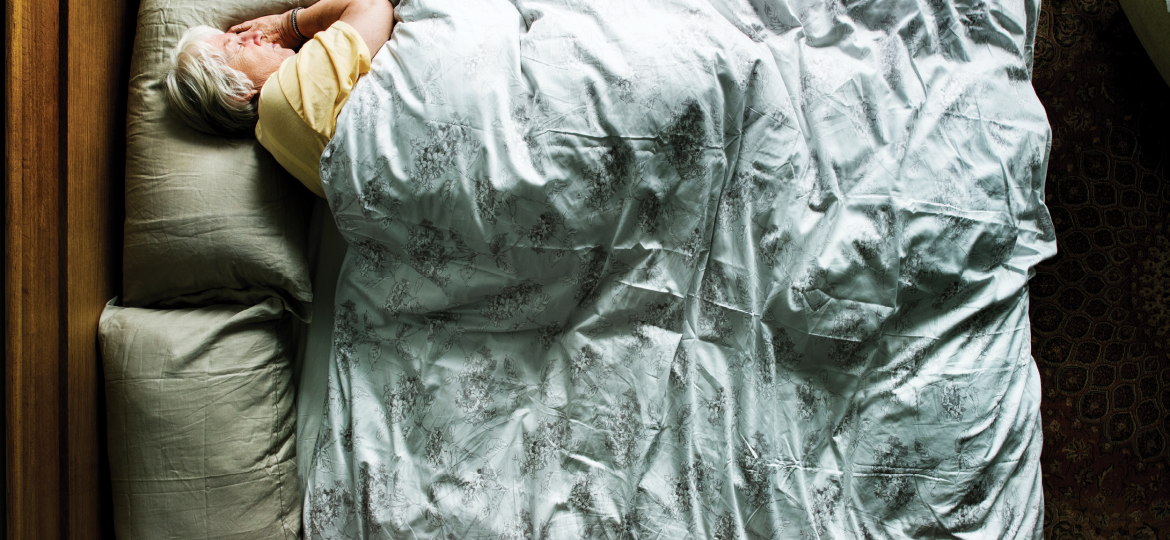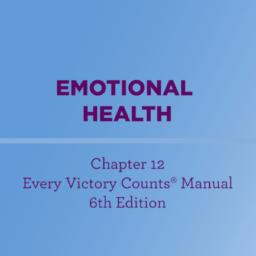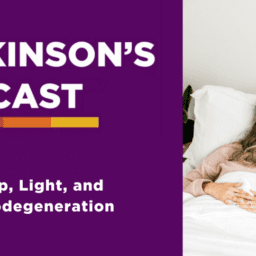If someone has REM Sleep Behavior Disorder, they have an 80% chance of getting Parkinson’s or another neurodegenerative disorder within five to 10 years.
– Benzi Kluger, MD
REM sleep behavior disorder (RBD) is a non-motor and sleep-specific disorder associated with Parkinson’s. Typically, the body shuts off muscle activity during REM sleep; however, with RBD, muscle activity and dream enactment occur during REM sleep.
In this episode, Kelsey Phinney talks to Benzi Kluger, a movement disorder specialist at Univesity of Colorado Hospital, and Connie Carpenter Phinney, her mother and primary care partner for her dad, Davis Phinney. They talk about how critical sleep is for people with Parkinson’s, how RBD can impact relationships and different ways to manage it.
In this episode, you will learn:
- The link between RBD and Parkinson’s
- How critical sleep is for people with Parkinson’s
- The incidence of RBD in people with Parkinson’s
- How RBD can impact relationships
- Strategies for managing sleep disturbances so that everyone feels safe and still connected
Notes
- RBD is a critical marker for Parkinson’s. If someone has RBD, they have an 80% chance of getting Parkinson’s or another neurodegenerative disorder within five to 10 years
- Most doctors don’t know that people with RBD have an increased risk of Parkinson’s
- Getting a good night sleep is critical to overall health. For people with Parkinson’s, it’s especially important because poor sleep quality can affect mood, pain, motor symptoms, fatigue and how effective Parkinson’s medications are
- It’s difficult to get other aspects of Parkinson’s under control if you’re not getting a good night sleep on a regular basis
- Sleep is often the first thing to change for those who eventually end up with a diagnosis of Parkinson’s
- Care partners can be more impacted by RBD than the person who has it because they will remember it and may even be on the receiving end of someone acting out their dreams
- RBD can be embarrassing for the person with Parkinson’s
- RBD is serious; so, it’s important to talk about it with your care partner, document incidences of it and talk to your doctors about it
- It is estimated that approximately 50% of people who have Parkinson’s also have RBD as a symptom
Concepts Mentioned in this Podcast & Further Reading
- What is REM Sleep Behavior Disorder?
- 9 Easy Tips for a Better Night Sleep
- Making the Best of a Bad Night Sleep
- Beware the Blue Monster: Light Can Change How You Sleep
- Living Well and Sleeping Well with Parkinson’s
- Sleep Disorders in Parkinson’s Disease – Dr. Gary Leo
Thanks for Listening!
To share your thoughts:
- Leave a note in the comment section below.
- Ask a question by emailing us here.
- Share this show on Facebook.
To help out the show:
- Leave an honest review on iTunes. Your ratings and reviews really help, and we read each one.
- Subscribe on iTunes.
















